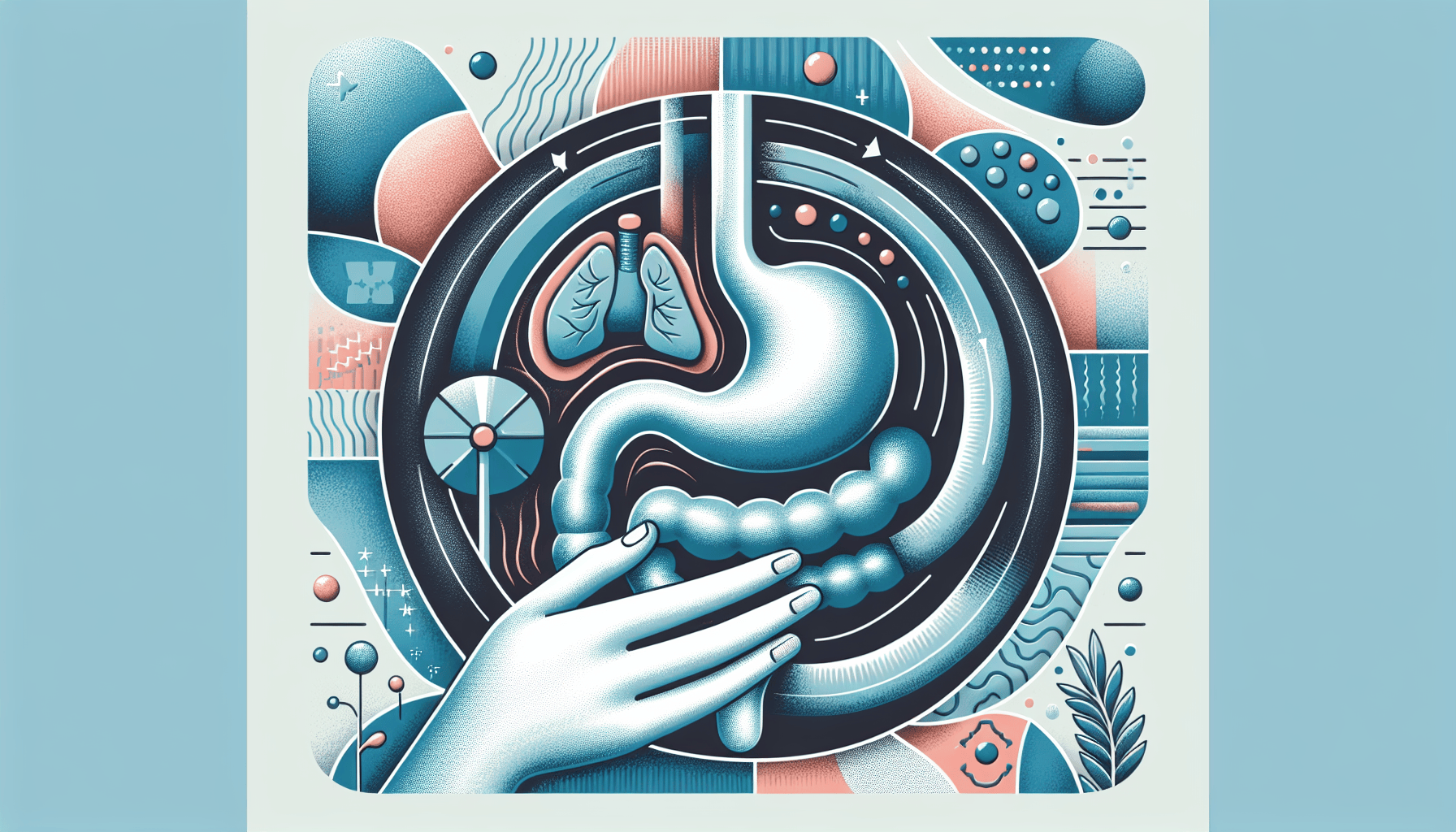A hiatal hernia occurs when a part of your stomach pushes up through the diaphragm, the muscular wall that separates your chest from your abdomen. This condition can cause various symptoms and may require treatment. In this article, we'll explain hiatal hernias in simple terms, so you can better understand this condition and how to manage it.
What Is a Hiatal Hernia?
A hiatal hernia happens when a portion of your stomach bulges through the hiatus, an opening in your diaphragm that allows your esophagus (food pipe) to pass through to your stomach. This can cause the stomach to push up into your chest area.
Symptoms of Hiatal Hernias
Many people with hiatal hernias don't experience any symptoms. However, some common signs and symptoms may include:
If you experience severe chest or abdominal pain, persistent vomiting, or inability to pass gas or have a bowel movement, seek medical attention immediately, as these could be signs of a strangulated hernia or obstruction.
Causes and Risk Factors
The exact cause of hiatal hernias is not always clear, but some factors that may contribute to their development include:
Being born with a larger-than-normal hiatal opening
Injury to the diaphragm area
Age-related changes in the diaphragm
Increased abdominal pressure due to pregnancy, obesity, coughing, heavy lifting, or straining during bowel movements
Hiatal hernias are more common in being female or assigned female at birth, people who are overweight, and those over the age of 50.
Diagnosing Hiatal Hernias
To diagnose a hiatal hernia, your doctor may perform one or more of the following tests:
Treatment Options for Hiatal Hernias
Treatment for hiatal hernias depends on the severity of the condition and the presence of symptoms. Options may include:
Watchful waiting for asymptomatic or mild cases
Medications to reduce stomach acid production and manage symptoms
Surgery to repair the hernia and reinforce the diaphragm opening
Hiatal Hernia Surgery
Hiatal hernia surgery has a high success rate, with about 90% of patients experiencing relief from symptoms and the ability to stop taking medications. The most common surgical approach is laparoscopy, which involves making small incisions in the abdomen and using a camera-guided instrument to repair the hernia. Recovery time is typically shorter with laparoscopic surgery compared to open surgery.
Lifestyle Changes and Home Remedies
In addition to medical treatment, certain lifestyle changes and home remedies can help manage the symptoms of hiatal hernias:
Avoid lying down or exercising for several hours after eating
Eat smaller, more frequent meals and chew food thoroughly
Limit or avoid acidic, fatty, and spicy foods, as well as alcohol and caffeine
Elevate the head of your bed by 6 inches and sleep on your left side
Maintain a healthy weight and avoid tight clothing that puts pressure on your abdomen
Quit smoking and limit alcohol, as both can worsen heartburn and reflux symptoms
By understanding the basics of hiatal hernias and implementing these lifestyle changes, you can better manage your symptoms and improve your overall quality of life. If you have concerns about your condition or experience severe symptoms, always consult with your healthcare provider for proper diagnosis and treatment.
For more information on hiatal hernias, visit:



